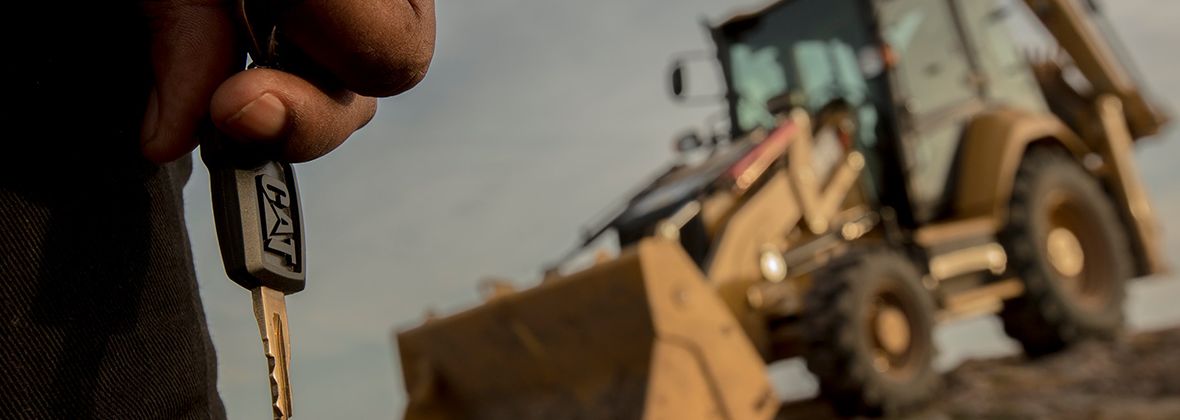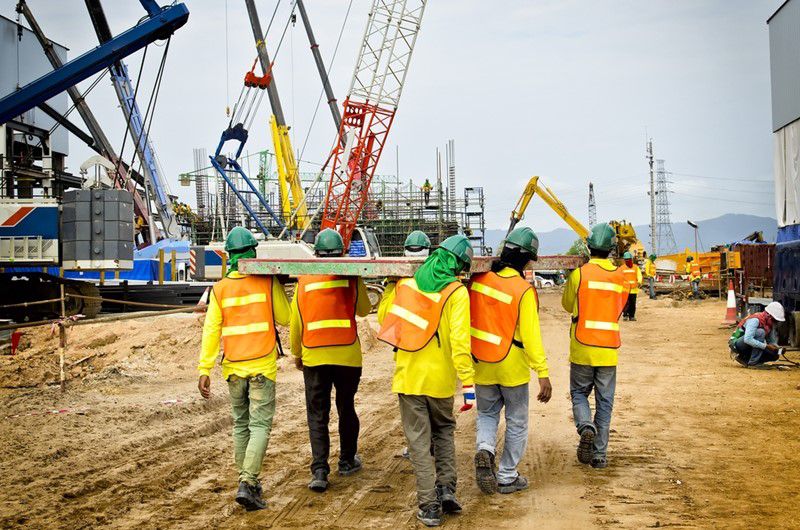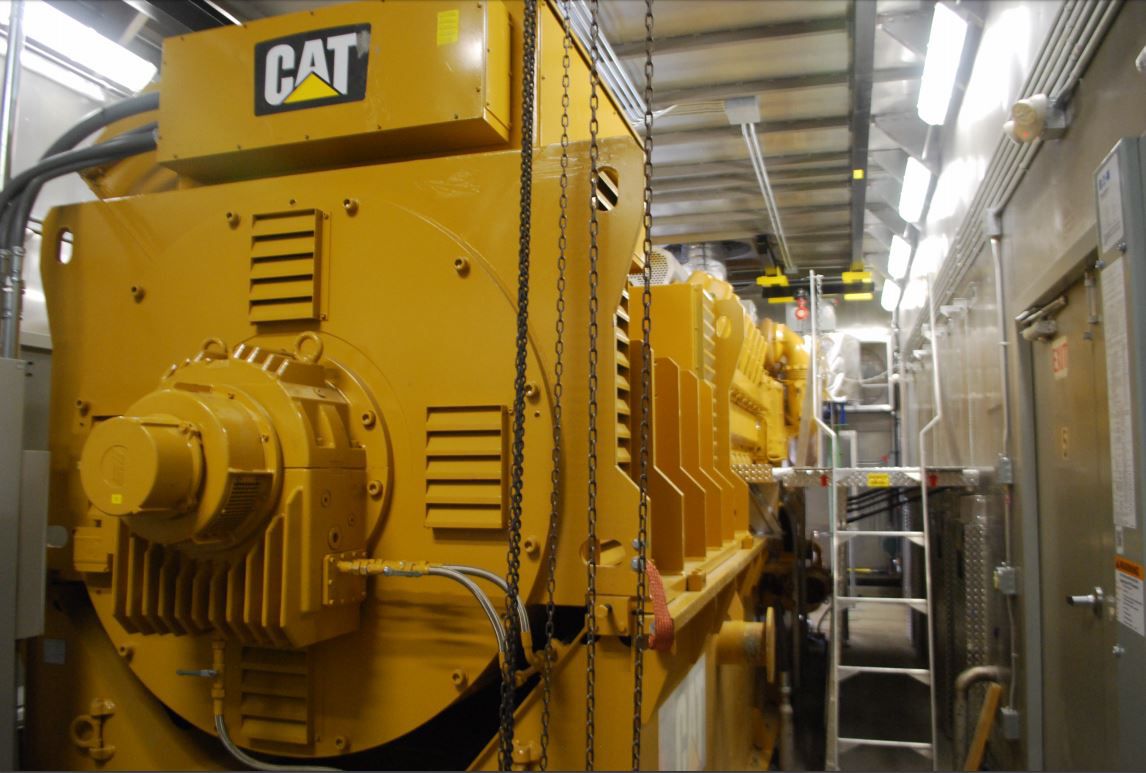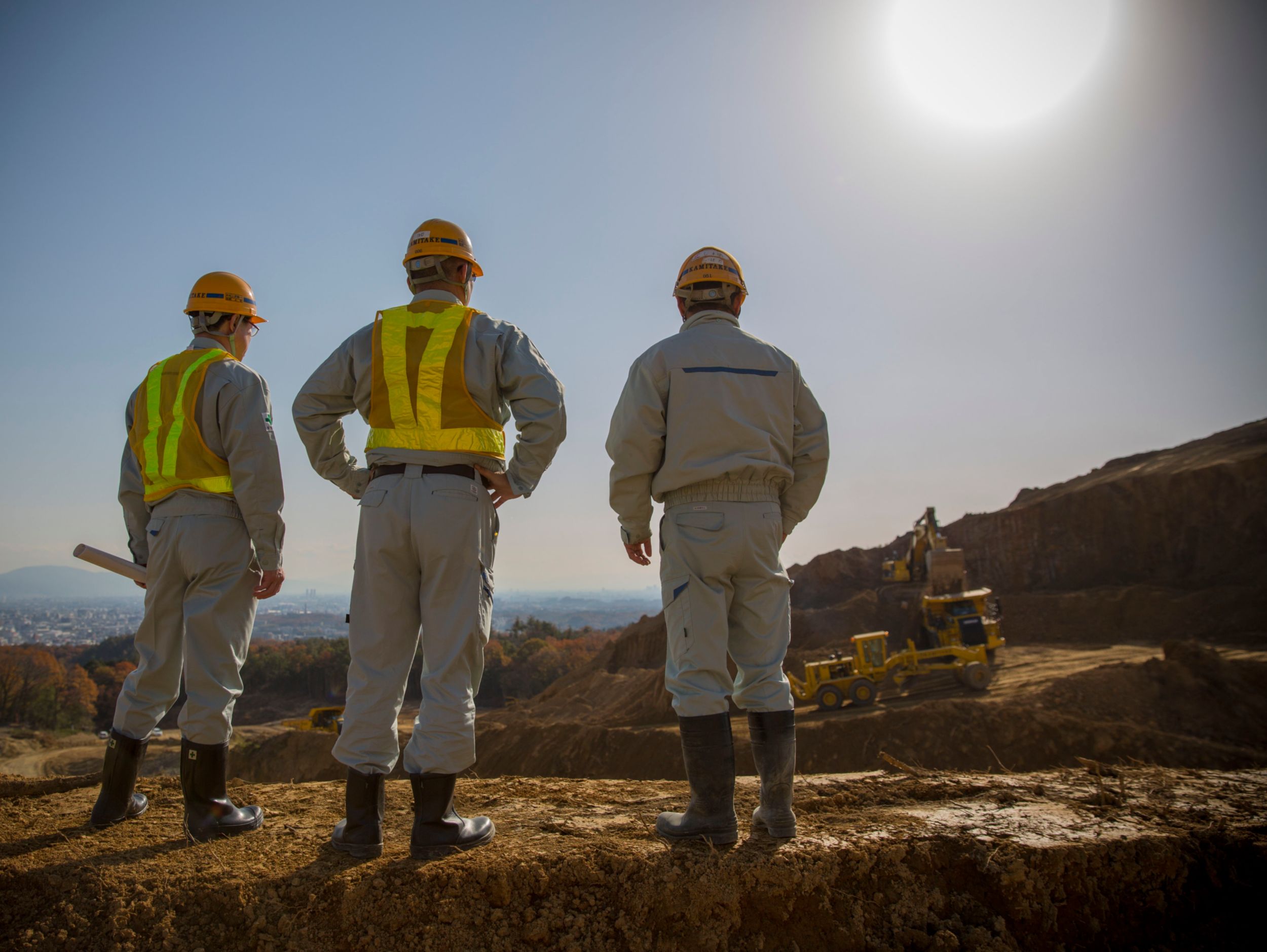サインイン
ようこそ! Cat.comのエクスペリエンスをカスタマイズするには、サインインしてください
他のCATアプリのアカウントをすでにお持ちの場合、そのアカウントをサインインに使用できます
今すぐ登録する
1つのアカウントで、CATのすべてのサービスにアクセス
Caterpillarアカウントでログインすると、当社が提供するさまざまなサービスやアプリケーションを1つのアカウントで利用できます。部品や機械をオンラインで購入したり、保有機械を管理したり、モバイル機器からアクセスしたりできます。
6 Things to Know Before Contacting Equipment Leasing Companies
LEARNING ABOUT HEAVY EQUIPMENT LEASING OPTIONS WILL HELP YOU WHEN SEARCHING FOR THE BEST COMPANY TO PARTNER WITH
Making the decision to lease equipment is an especially important one for small- and medium-sized businesses. With careful thought and financial planning ahead of time, equipment financing, and leasing options can easily become effective alternatives to a direct purchase.
Companies benefit from spreading the cost of a purchase across monthly installments while still taking advantage of the immediate access to the equipment for the length of the lease term. There are also tax-related advantages to consider, depending on how you approach your leasing options and tax planning. And, in many cases, businesses can elect to buy the heavy equipment at a reduced cost, either at the end of the lease or at predetermined points during it.
With all of the potential that equipment leasing brings to the table, it's important to make sure your business can make an informed and strongly positive decision about the equipment leasing company with which you'll build a partnership. Let's look at six key things you should know before you start getting in touch with equipment lessors.
1. The basics of equipment leasing
Equipment leasing is a common business practice that allows companies to use equipment with very few restrictions and maintain physical possession of it. In return, the company, called the lessee, pays the owner of the equipment, called the lessor. The payments follow a mutually agreed-upon structure, which is usually a monthly schedule. No matter the type of equipment, these basic points generally apply.
There are two types of leases to consider as you search for the best fit for your business needs. At Cat Financial, we divide our lease options into:
- Operating lease: The operating lease offers the lowest monthly payment among our lease types. It includes provisions for purchasing the equipment at fair market value at the end of the lease term, as well as the potential to add an early purchase option in the lease agreement. In this lease, Cat Financial retains tax responsibilities and benefits.
- Finance lease: The finance lease offers 100 percent financing to qualified customers. It generally includes an end-of-term purchase option, which can be as low as $1. You may also include an option to return the equipment before the lease expires, which is called a flex lease. In this lease, your business can claim the benefits of ownership for accounting and tax purposes, like depreciation and interest expense deductions.
2. Great leasing companies don't just offer leases
Leases are a great way to get the equipment you need. However, top equipment leasing and financing companies have other options that might make more sense for the unique needs of your construction business. For example, Cat Financial also offers:
- Loans: Loans are a powerful alternative to leases. In this approach, Cat Financial funds your equipment purchase and your business becomes the outright owner of the machinery as soon as the agreement is completed. Providing low total acquisition costs while maintaining the monthly payment schedule similar to what is seen with a lease agreement, equipment loans might just make more sense for your business.
- Working capital: Working capital loans can help you manage cash flow needs by paying for heavy equipment. The flexibility this type of loan offers can help your company pay for nearly any business expense, and many parts of the agreement are customizable, which helps you address your specific needs.
- Revolving line of credit: A revolving line of credit allows your company to leverage existing assets in exchange for flexible, useful business financing. Benefits of securing a revolving line of credit through Cat Financial include customized financing and an annual, no-cost renewal process.
3. Options for paying for equipment leases
The method you use to pay for your equipment lease is secondary to core concerns like the monthly payment and important options like an early purchase agreement. However, payment is a crucial part of every lease. Your lessor should offer a simple and reliable method for making payments, allowing you to avoid having to engage in a manual process each month that could lead to costly errors if a payment is delayed or not routed to the right place. The availability or lack of such systems is a key indication of the type of customer service an equipment leasing company provides.
Cat Financial provides Direct Pay, a simple, secure and dependable direct debit authorization that pairs with your preferred business checking account. By withdrawing funds at the agreed-upon time each month, the entire process is automated. You just have to make sure the necessary funds are in your checking account.
4. The maintenance needed for leased equipment
As long as you uphold the terms of the lease agreement, your company maintains physical possession of your leased heavy equipment. That can mean your business will need to engage in both preventative maintenance and repairs. One of the most effective ways to keep heavy equipment in good working order is to utilize the maintenance and repair services offered by the same company that manufactured the machinery. Of course, there are many situations where you and your staff can likely complete the needed work yourselves.
An Equipment Protection Plan can ensure your assets are only worked on by qualified technicians, and provides a variety of protection levels that help address your specific operational and budgetary needs.
5. The value of direct lenders for equipment leasing and financing
Direct lenders are a powerful alternative to the traditional structure of a lease or loan, where a business that wants to lease the equipment, the business providing the equipment and a separate financial institution are all involved. Besides making the entire concept of an equipment lease more simple and direct, it also allows the lessor to provide additional support and knowledge, along with a variety of optional considerations like equipment protection plans. Working with a direct lender means less red tape and more direct, fruitful discussions and agreements.
6. Dispelling common myths around leasing, bad credit and new businesses
Did you know that businesses that are new or have less than perfect credit aren't automatically disqualified from enjoying an equipment lease? We've covered these important topics in-depth, along with a few other key considerations, in this article.
Understanding these six points helps you get that much closer to finding a great lease. Want to learn more about heavy equipment leasing options from Cat Financial? Get in touch with us today!
Additional Articles
Find in-depth articles to answer your questions about construction equipment financing, and expert tips to help you navigate today's economy as a successful business.






